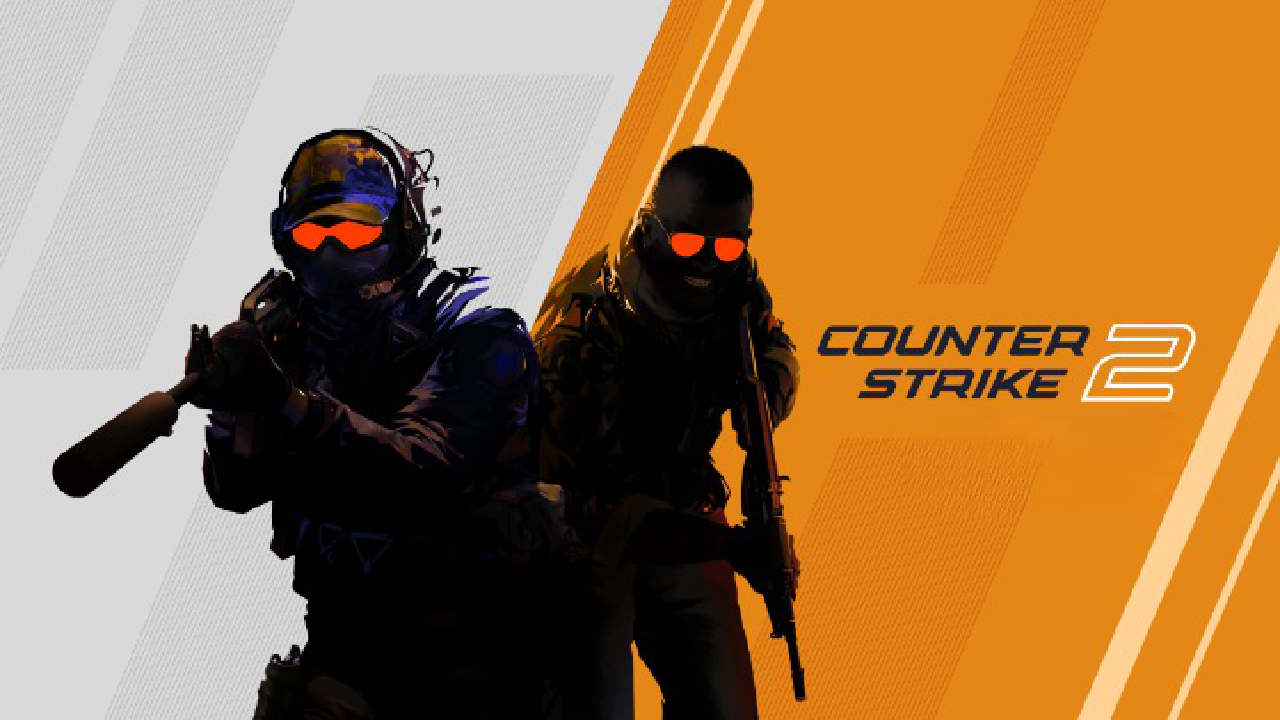A new study has revealed the amount of money that Counter-Strike players have spent on microtransactions over the course of the year 2023.

The case and skins market in Counter-Strike is absolutely huge, and a new study revealed just how huge. According to CSGOCaseTracker’s 2023 Year in Review, over $980 million were spent on cases, or more precisely keys for cases, last year. This staggering amount of money comes from 359.6 million keys being used and over 400 million cases being opened.
Publisher Valve Earns Almost $1 Billion From Microtransactions In Counter-Strike
In Counter-Strike: Global Offensive (CS:GO) and Counter-Strike 2, keys, cases, and skins make up the game's virtual economy and offer players customization options. Over the last decade or so, this has developed into a huge economy. This includes player-to-player trading, as well as shadier aspects like casinos, price gouging and more.
This is extremely lucrative for Valve and despite the game’s long existence, the market is still going very strong. This just once more indicates the staying power of Counter-Strike, which was constantly the number 1 of most-played games on Steam. Only the sensational rise of Palworld could dethrone the tactical shooter.
On September 27, Counter-Strike 2 (CS2) was released and replaced CS:GO. This release caused a massive spike in case openings, boosting the economy even further.
How The CS Skin Economy Works
Skins are essentially cosmetic items that change the appearance of weapons in the game but do not alter the weapon's performance. These skins come in various designs and rarities, and players often value skins for their aesthetic appeal and as a status symbol within the game.
Cases are virtual containers that can be opened to receive a random skin. These cases drop randomly to players at the end of a match. The rarity and type of skins available in a case are always different and often based on specific events or themes, and the chances of receiving a rare skin are generally low.
When a player opens a case with a key, they receive one random skin from the set of skins available in that case. The rarity and value of the skin can vary greatly. Some rare skins can be worth significantly more than the cost of the key and case, making them highly sought after.
To open a case, a player needs a key. Keys can be purchased through the in-game store or traded from other players. Each type of case requires a specific key to be opened. The cost of a key is fixed, and once used, the key disappears.
This system has led to a virtual economy where players trade skins, cases, and keys. The value of these items is determined by their rarity, demand, and aesthetic appeal. It's important to note that while skins can be traded for real money through third-party platforms, this is not officially supported by the game's developer, Valve, and comes with risks.






























